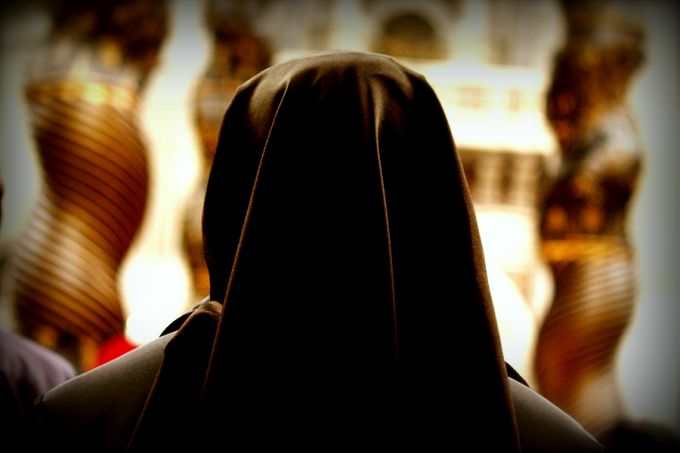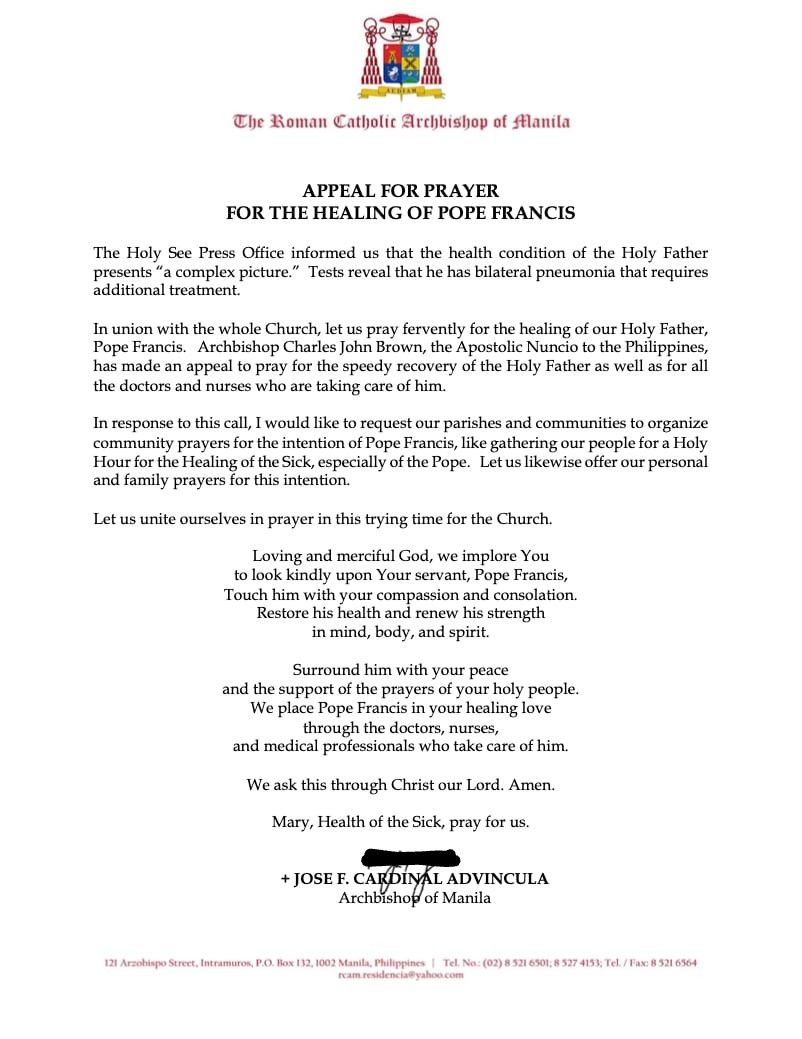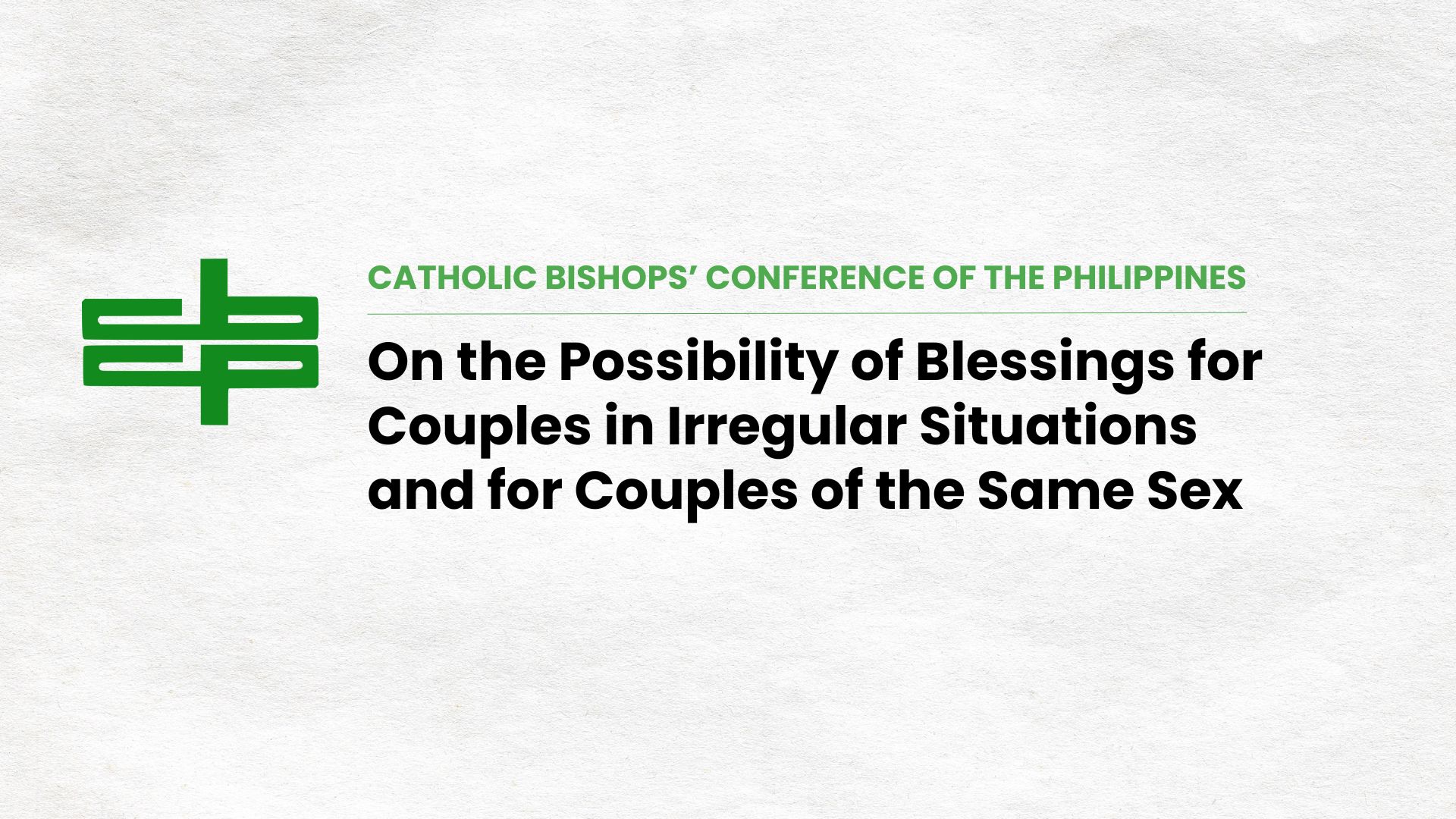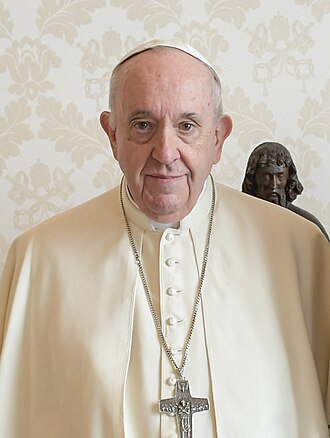
(Vatican Radio) Pope Francis on Tuesday called on consecrated men and women to make courageous and prophetic choices, to not be afraid of getting their hands dirty and of walking the geographical and existential peripheries of mankind today.
The Pope was speaking to consecrated men and women during the closing Mass of the Year of Consecrated Life in St. Peter’s Basilica.
The Year, which was celebrated throughout the world, began on the First Sunday of Advent in November 2014 and came to a close on the World Day of Consecrated Life on 2 February 2016.
The initiative, called for by Pope Francis, aimed to be an occasion of renewal for men and women in consecrated life, of thanksgiving among the faithful for the service of sisters, brothers, priests, and nuns, and an invitation to young Catholics to consider a religious vocation.
During his homily the Pope described the just-ended Year of Consecrated Life as “a river”, saying “it now flows into the sea of mercy, into the immense mystery of love that we are experiencing through the Extraordinary Jubilee”.
The final days of the Year of Consecrated Life were marked in the Vatican with a theological symposium on religious life, on the theme Consecrated Life in Communion. A common foundation in the diversity of styles.
Please find below Vatican Radio translation of the Pope’s homily:
Today, before our eyes is a simple, humble and great fact: Mary and Joseph take Jesus to the Temple in Jerusalem. He is a child like many others, just like the others, but He is unique: He is the Lord’s only son who has come for all mankind. This Child has brought the mercy and the tenderness of God: Jesus is the face of the Father’s Mercy. This is the icon the Gospel offers us at the conclusion of the Year of Consecrated Life, a year which has been lived with much enthusiasm. Like a river, it now flows into the sea of mercy, into the immense mystery of love that we are experiencing through the Extraordinary Jubilee.
Today’s feast, especially in the East, is called the Feast of the Encounter. As a matter of fact, in the Gospel we can read of several encounters (cf. Lk 2,22-40). In the temple Jesus comes towards us and we go to meet him. We contemplate the encounter with the aged Simeon who represents Israel that trustingly awaits the coming of the Lord and the exultation of the heart for the fulfillment of the promise. We can also admire the encounter with the prophetess, Anna, who upon seeing the Child exults with joy and praises God. Simeon and Anna are the awaiting and the prophecy, Jesus is the good news and the fulfillment: He presents himself to us as God’s perpetual surprise; in this Child who was born for all, the past, made of memory and promise, and the future, which is full of hope, meet.
In this we can see the beginning of consecrated life. Consecrated men and women are called first and foremost to be men and women of encounter. Vocation, in fact, is not motivated by a project that has been planned “at the drawing table”, but by the grace of the Lord who comes to us through a life-changing encounter. Those who really meet Jesus cannot stay the same as before. He is the novelty that makes all things new. He who lives this meeting becomes a witness and makes the meeting possible for others; he also becomes a promoter of the culture of encounter, avoiding a self-referential attitude that causes one to remain closed within oneself.
The passage from the Letter to the Hebrews that we just heard, reminds us that Jesus himself, in his meeting with us, did not hesitate to share our human condition: ” Since the children have flesh and blood, Christ too shared in their humanity” (v. 14). Jesus did not save us “from the outside”, He did not stay out of our drama, he wanted to participate in our life. Consecrated persons are called to be a concrete and prophetic sign of God’s closeness, of this sharing in a condition of fragility, of sin and of the wounds of man in our time. All forms of consecrated life, each according to its characteristics, are called to be in a permanent state of mission, sharing “The joys and the hopes, the griefs and the anxieties of the men of this age, especially those who are poor or in any way afflicted” (Gaudium et Spes, 1).
The Gospel also tells us that “Jesus’ father and mother were amazed at what was said about Him” (v. 33). Joseph and Mary safeguard the wonder for this encounter which is full of light and hope for all people. And we too, as Christians and as consecrated persons, we are custodians of wonder. A wonder that asks to be constantly renewed; woe betide routine in spiritual life; woe betide the crystallization of our charisms in abstract doctrine: the charisms of the founders – as I have said before – are not to be sealed in a bottle, they are not museum pieces. Our founders were moved by the Spirit and they were not afraid to get their hands dirty with everyday life, with people’s problems, they were not afraid to courageously walk the geographic and existential peripheries. They did not stop before the obstacles and misunderstandings of others, because they kept the wonder of their encounter with Christ in their hearts. They did not tame the grace of the Gospel; they had a healthy yearning for the Lord in their hearts, the yearning to bring Him to others, just as Mary and Joseph did in the temple. We too, are called today, to make prophetic and courageous choices.
Finally, we learn from today’s feast to live the gratitude for the encounter with Jesus and for the gift of a vocation to consecrated life. To thank, to give thanks for the grace: the Eucharist. How beautiful it is when we meet the happy face of consecrated persons, who are perhaps already advanced in years, like Simeon and Anna, happy and full of gratitude for their vocation. This is a word that can sum up everything we have lived in this Year of the Consecrated Life: gratitude for the gift of the Holy Spirit, which always inspires the Church through its various charisms. The Gospel ends with this expression: “The child grew and became strong, filled with wisdom, and the grace of God was upon him” (v. 40). May the Lord Jesus, through the maternal intercession of Mary, grow within us, and each increase in each of us the desire of encounter, the custody of wonder and the joy of gratitude. Then others will be attracted by His light, and will be able to meet the Father’s mercy.











